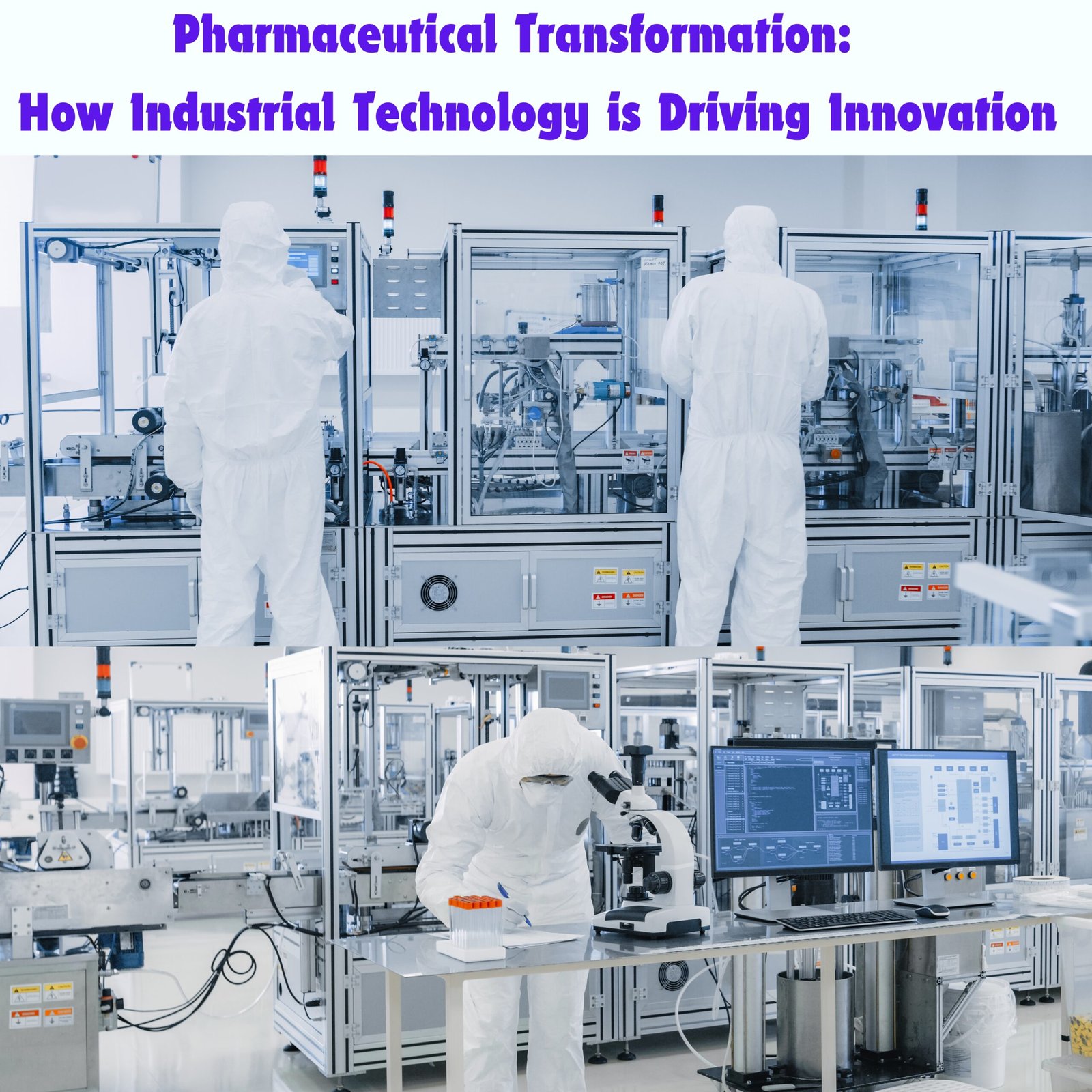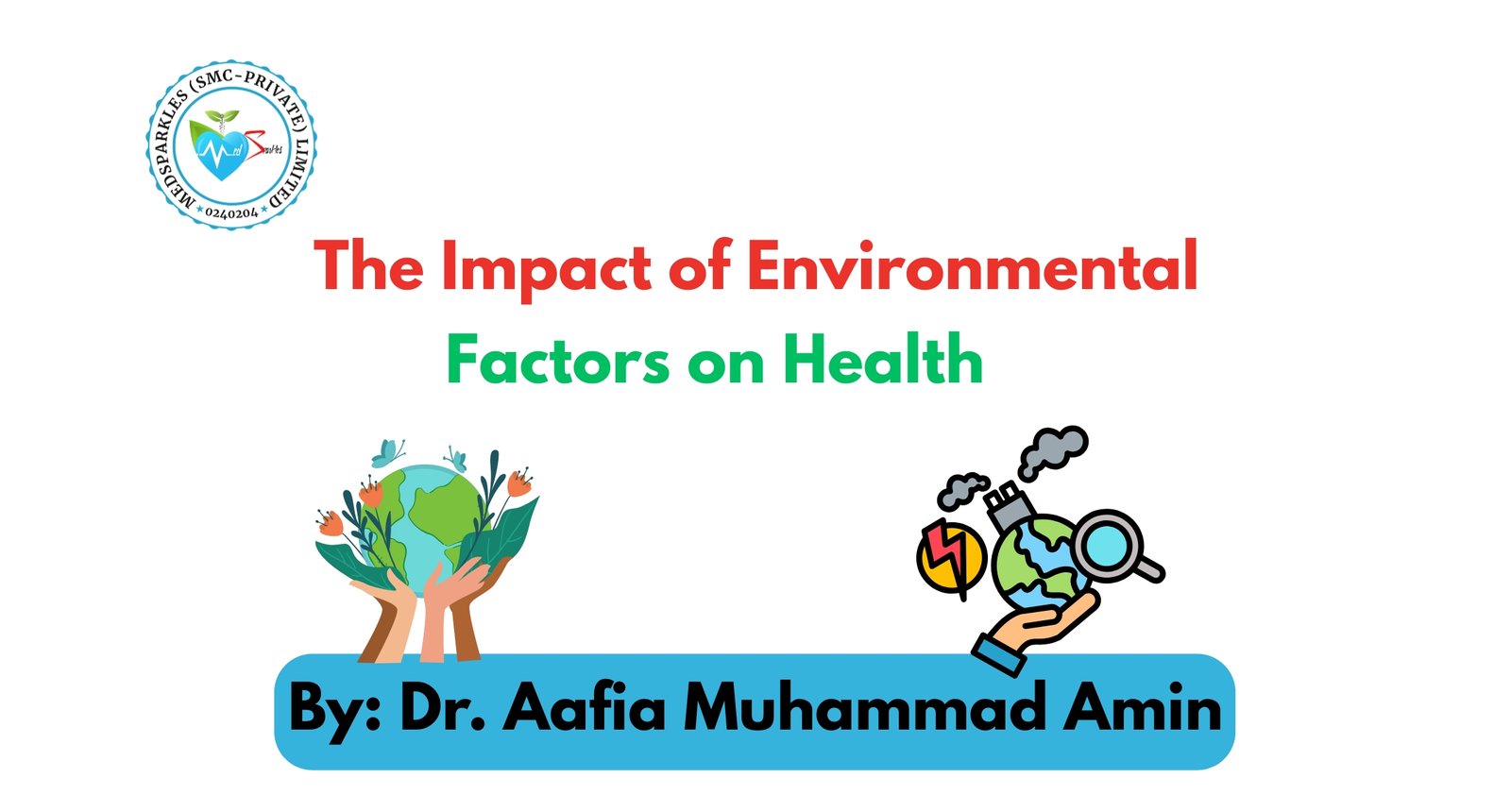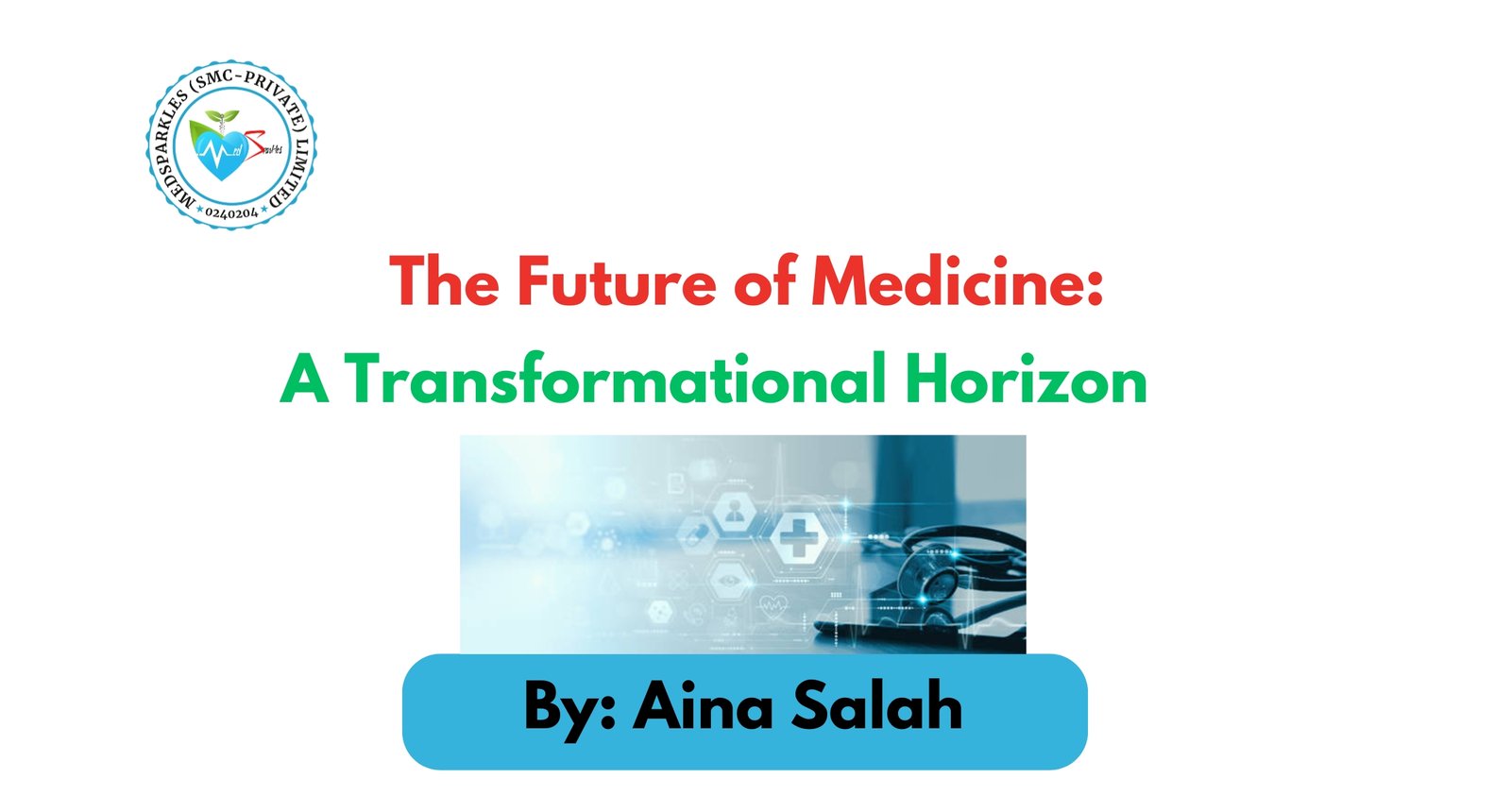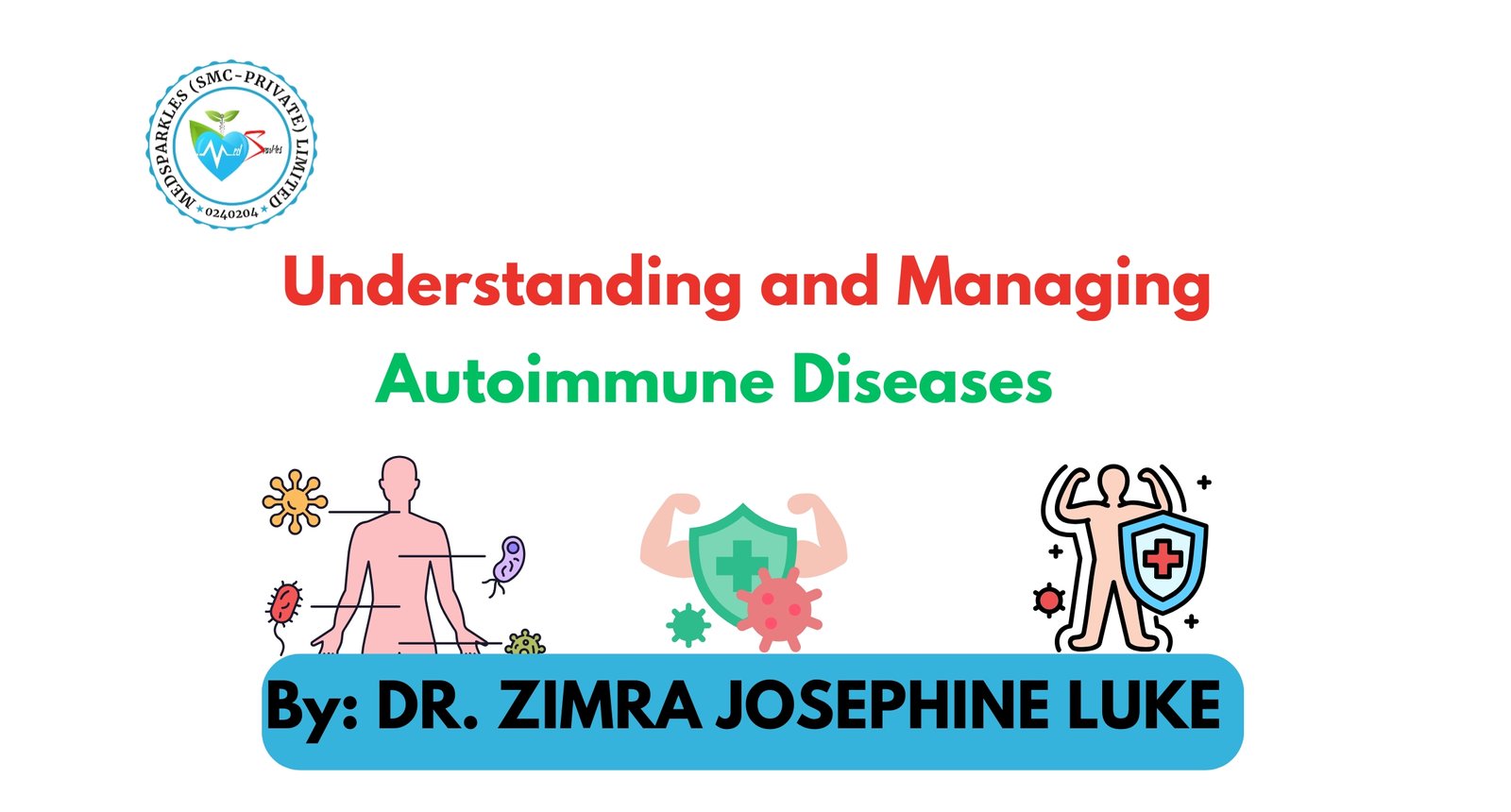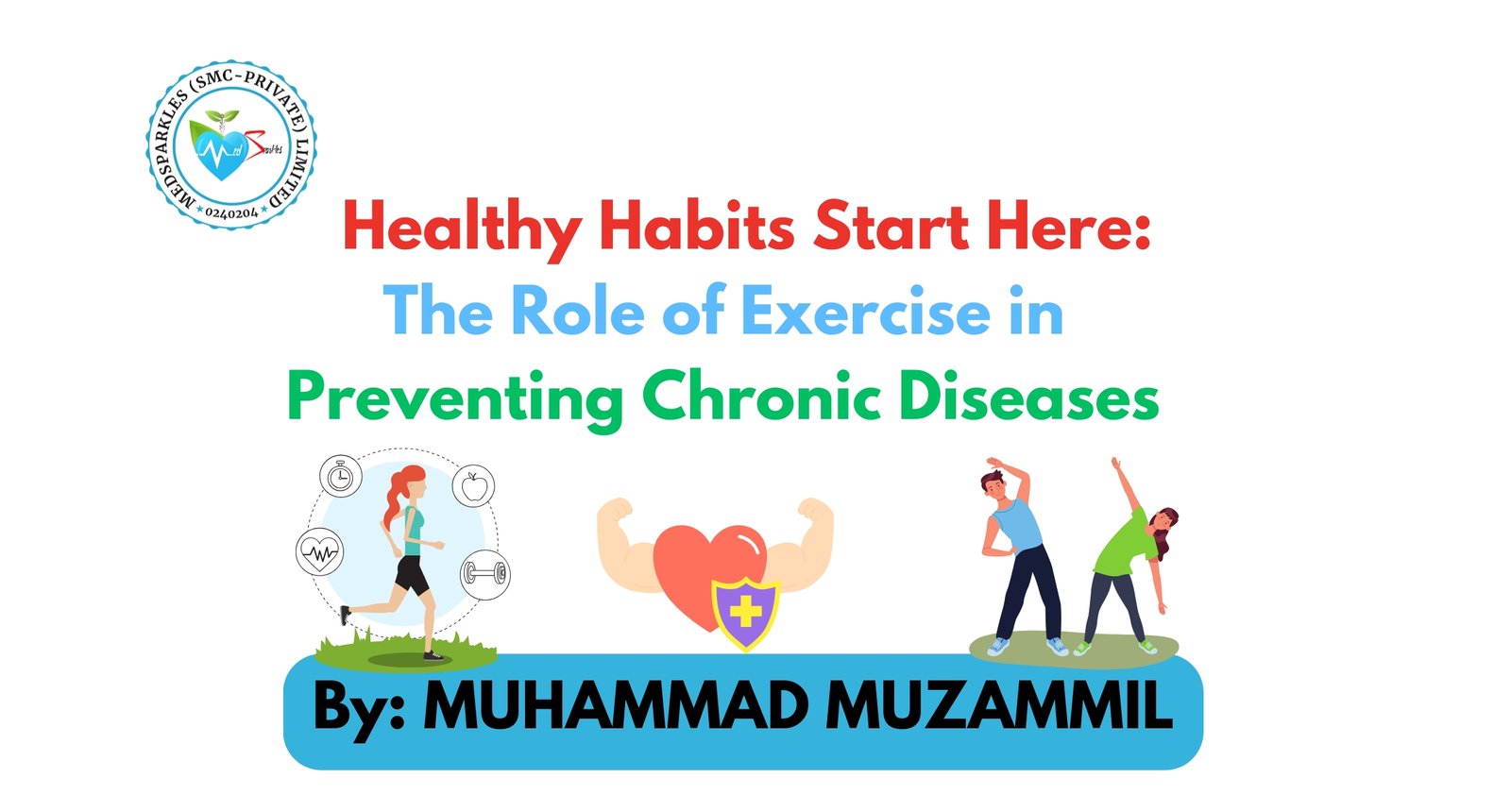The pharmaceutical industry is constantly evolving, driven by technological innovations that shape the future of drug development and manufacturing. In this article, we explore some of the recent breakthroughs in pharmaceutical industrial technology that are changing the way medicines are produced, with implications for efficiency, sustainability, and innovation.
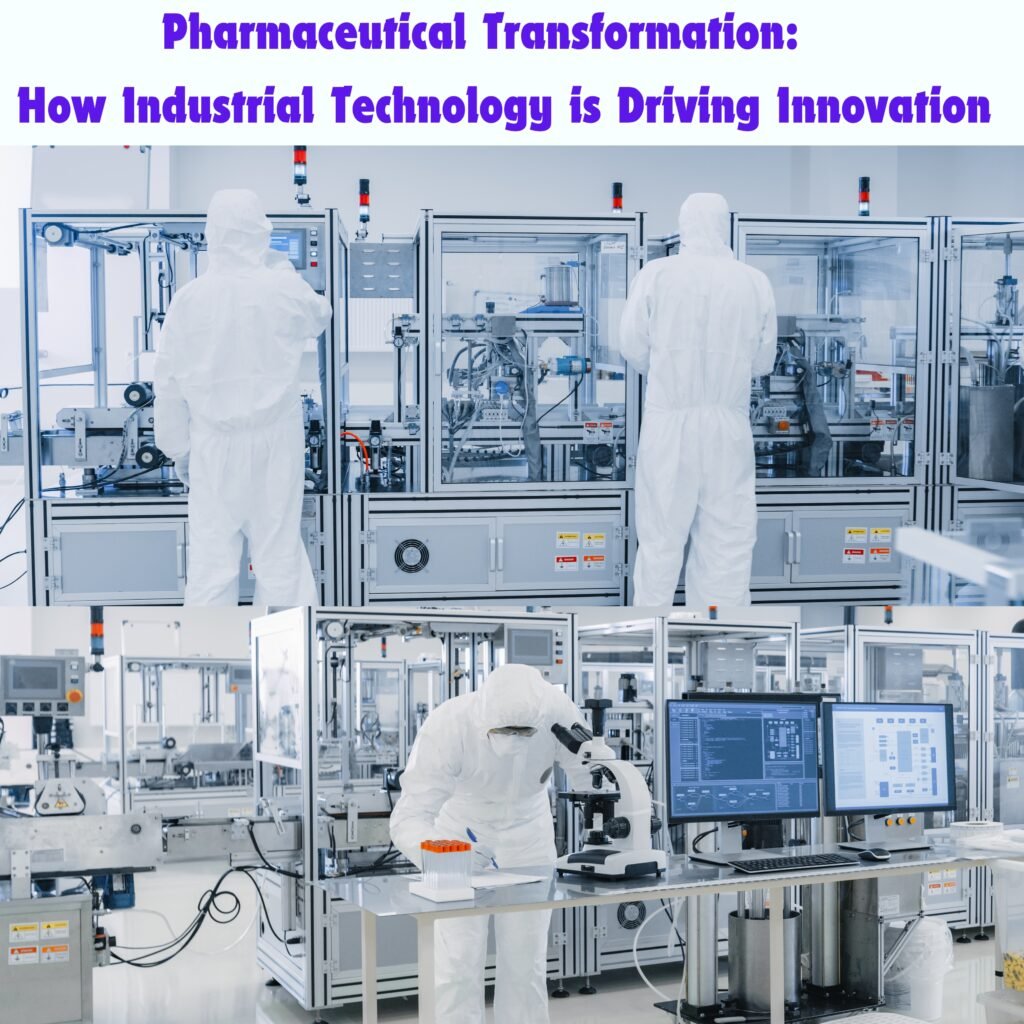
How Continuous Manufacturing is Changing Production:
One of the major shifts in the pharmaceutical industry is the transition from traditional batch manufacturing to continuous manufacturing processes. This new approach simplifies production, eliminates waste, and lowers costs. Continuous manufacturing also enables faster drug development and improves the quality and reliability of pharmaceutical products.
The Potential of 3D Printing for Drug Formulation:
Another emerging technology that is transforming the pharmaceutical industry is 3D printing. This technology allows researchers to create customized dosages, tailored to the specific needs of each patient. 3D printing also offers new possibilities for drug delivery, such as complex shapes, porous structures, and multi-layered formulations. This innovation could lead to more effective and personalized treatment options.
The Role of IoT and Smart Factories in Pharmaceutical Manufacturing:
The pharmaceutical industry is also embracing the concept of smart factories, where the Internet of Things (IoT) plays a key role. IoT-connected devices and sensors enable real-time monitoring and control of production processes, optimizing performance and quality. This connectivity also reduces errors, ensures compliance with regulatory standards, and enhances traceability, creating a new level of efficiency and precision in pharmaceutical manufacturing.
How Blockchain Enhances Supply Chain Integrity :
A critical challenge for the pharmaceutical industry is ensuring the integrity of the supply chain, from raw materials to the final product. Blockchain technology is a promising solution to this challenge, as it provides transparency and accountability. By using blockchain, the pharmaceutical industry can create a secure and immutable record of the entire supply chain, reducing the risk of counterfeit drugs and enabling faster responses to recalls, ensuring patient safety.
The Impact of AI on Drug Discovery:
Artificial intelligence (AI) is another technology that is making significant progress in drug discovery within the pharmaceutical industry. AI uses machine learning algorithms to analyze large amounts of data, identifying potential drug candidates, predicting their outcomes, and optimizing their formulations. AI-based drug discovery reduces the time and resources required for the development of new pharmaceuticals, increasing the chances of finding novel and effective compound.
The Importance of Green Chemistry and Sustainability:
The pharmaceutical industry is also becoming more conscious of its environmental impact, adopting green chemistry practices. Green chemistry aims to minimize the use of hazardous substances and energy in drug synthesis and production, reducing the environmental footprint of pharmaceutical manufacturing. Green chemistry also supports the long-term sustainability of the industry, as it aligns with global environmental goals and ensures the availability of resources.
In summary, the pharmaceutical industry is undergoing a transformation, driven by technological innovations that are changing the way drugs are developed and manufactured. These innovations include continuous manufacturing and 3D printing for customized medicine, IoT and smart factories for enhanced efficiency and quality, blockchain for supply chain integrity, AI for drug discovery, and green chemistry for sustainability. These technologies offer a vision of a future where pharmaceuticals are not only more effective but also produced with more accuracy, responsibility, and creativity. As the industry continues to adopt these technologies, we can expect a new era of pharmaceuticals that is both innovative and ethical.
